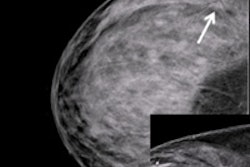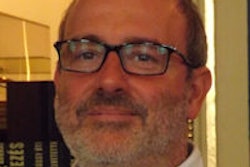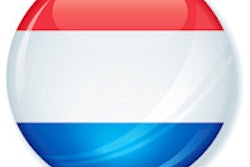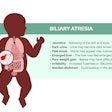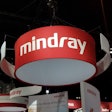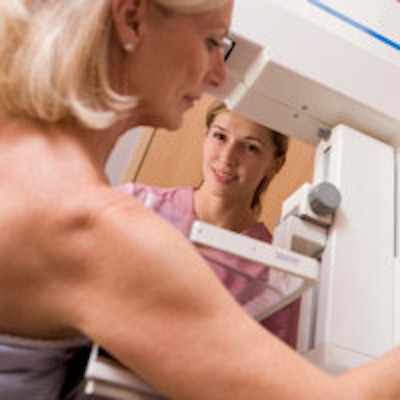
A report by Swiss medical authorities to recommend a halt to breast screening in the country is drawing fire from European radiologists, who said the recommendation is based on faulty science. The Swiss position is gaining renewed attention this week after publication of an online article on 16 April in the New England Journal of Medicine (NEJM).
The report by the Swiss Medical Board was originally published in February 2014, and questioned whether the benefits of mammography outweighed the harms. While acknowledging that screening reduced breast cancer mortality (at a rate of one to two deaths avoided per 1,000 women screened), screening also produced false positives and unnecessary treatment, the report's authors stated.
The report concluded that screening mammography had a "very unfavorable" cost-effectiveness profile, and as such no new screening programs should be introduced in the country. What's more, a "time limit" should be set on existing Swiss screening programs, the board recommended.
Nightmare scenario
The report represents a nightmare scenario for advocates of breast screening -- namely, that several clinical studies they see as fundamentally flawed are beginning to influence public policy on breast screening. They fear these papers, and subsequent changes in screening policy by some national healthcare decision-makers such as the Swiss Medical Board, could put women's lives at risk.
Indeed, in this week's NEJM article, the authors of the Swiss report cite two studies that have been vigorously criticized by screening's backers: An 11 February paper by Miller et al in BMJ on the conclusions from the Canadian National Breast Screening Study (CNBSS), and a November 2012 paper by Bleyer et al in New England Journal of Medicine that claimed three decades of screening mammography has only marginally reduced the rate at which women present with advanced breast cancer.
Both of these papers have been criticized by radiologists and breast imagers. A key figure from the European Society of Breast Imaging (EUSOBI) last week sent a strongly worded letter to the NEJM asking it to withdraw the Bleyer paper, which suggests that mammography screening leads to significant overdiagnosis of early stage breast cancer.
"The Swiss Medical Board's astonishing statement refers to the 2012 NEJM article against which many professionals have signed and sent a letter to the NEJM journal -- including myself," said Dr. Gabor Forrai, PhD, vice president of EUSOBI and head of the department of radiology at the Military Hospital/State Health Center in Budapest.
Since the appearance of the papers, many individual radiologists have written to national newspapers and medical journals pointing out the damaging effect of disseminating such information, which, they believe, besides erroneously influencing governmental health policy, could also potentially dissuade women from getting screened and lead to women unnecessarily dying from breast cancer.
Furthermore, groups including the Society of Breast Imaging (SBI) in the U.S. and the American College of Radiology (ACR) have issued joint statements calling the BMJ article "flawed and misleading" and have also applauded calls for the Bleyer NEJM paper to be removed on the grounds that its conclusions are not scientifically supported.
"EUSOBI supports the SBI and the ACR's statements," Forrai said.
Swiss radiology weighs in
For its part, the Swiss Society of Radiology also has sent a robust response to the Swiss Medical Board contesting its changed stance with regard to screening.
"The Swiss Society of Radiology as well as the Swiss Cancer League are very intrigued by the Swiss Medical Board's report and reject its conclusions. It is notable that the Swiss Medical Board did not include a radiologist in its panel, and the quality of this report has been challenged by many experts," said the society's president, Dr. Stefan Duewell.
Other Swiss radiologists offer the view that the move to reduce mammography exams may relate to ever-increasing healthcare costs in Switzerland -- as in all countries across Europe -- and an attempt to selectively cut paid services.
Other European proponents of screening have added their voices to the debate.
"I disagree with the statement of the Swiss Medical Board and think that the majority of colleagues involved in the field of breast cancer feel the same," said Dr. José Vilar, chairman of the radiology department at Dr. Peset University Hospital in Valencia and co-founder of the Valencia Breast Cancer Screening Program.
"The Valencia Breast Cancer Screening Program has been running for the last 20 years and the results indicate a steady decline in the mortality of breast cancer," Vilar said. "A very important result is the fact that cancers are detected earlier and their treatment involves less aggressiveness, therefore less suffering, lower costs, and earlier recovery. These positive results justified an extension several years ago of the screening age from [an initial age range of] 45 to 65 years to women up to 69 years of age."
Fearing that papers such as the Swiss report will influence the thinking of the Hungarian authorities, Forrai and other radiologists from the country's national society of radiology have drawn up a statement in support of mammography screening ahead of any such action.
"In it we indicated that the Canadian study was already excluded in 2002 at the Lyon WHO International Agency for Research on Cancer meeting because of its bad quality, therefore the same data should not to be used in a new article 12 years later," Forrai said.




